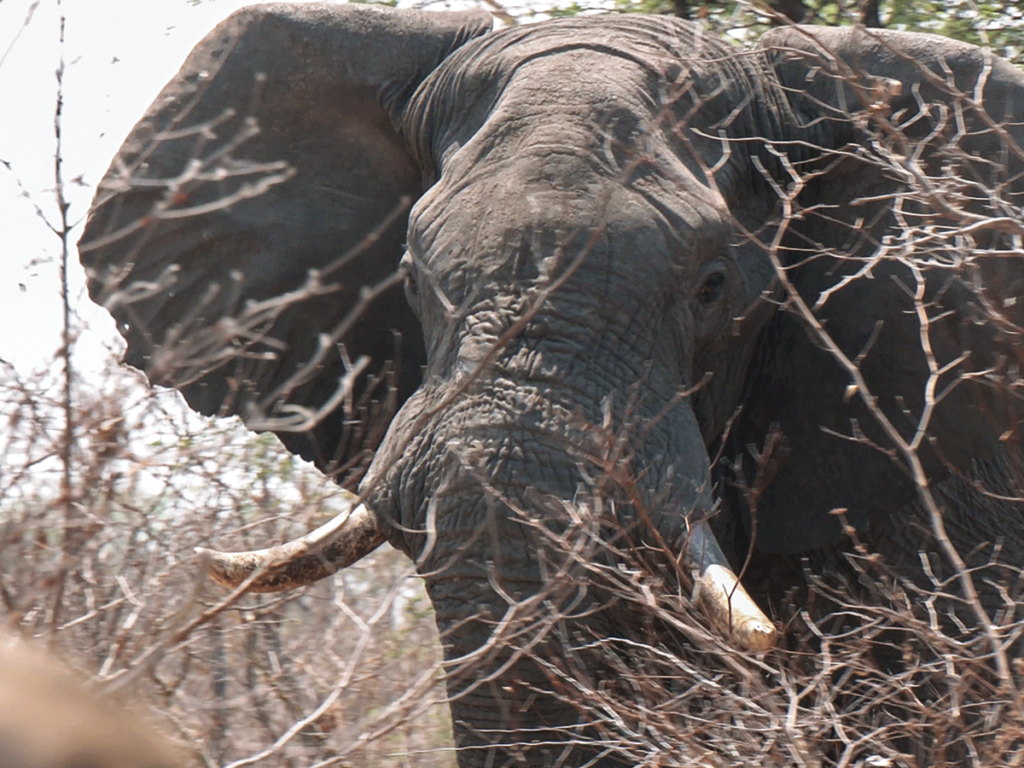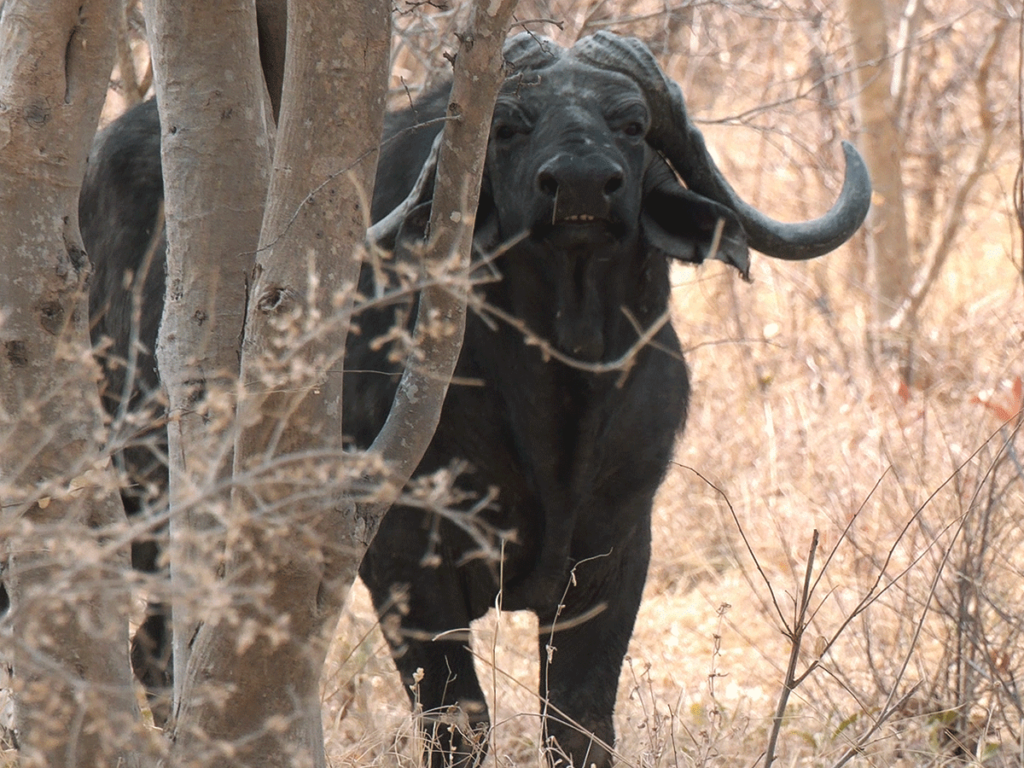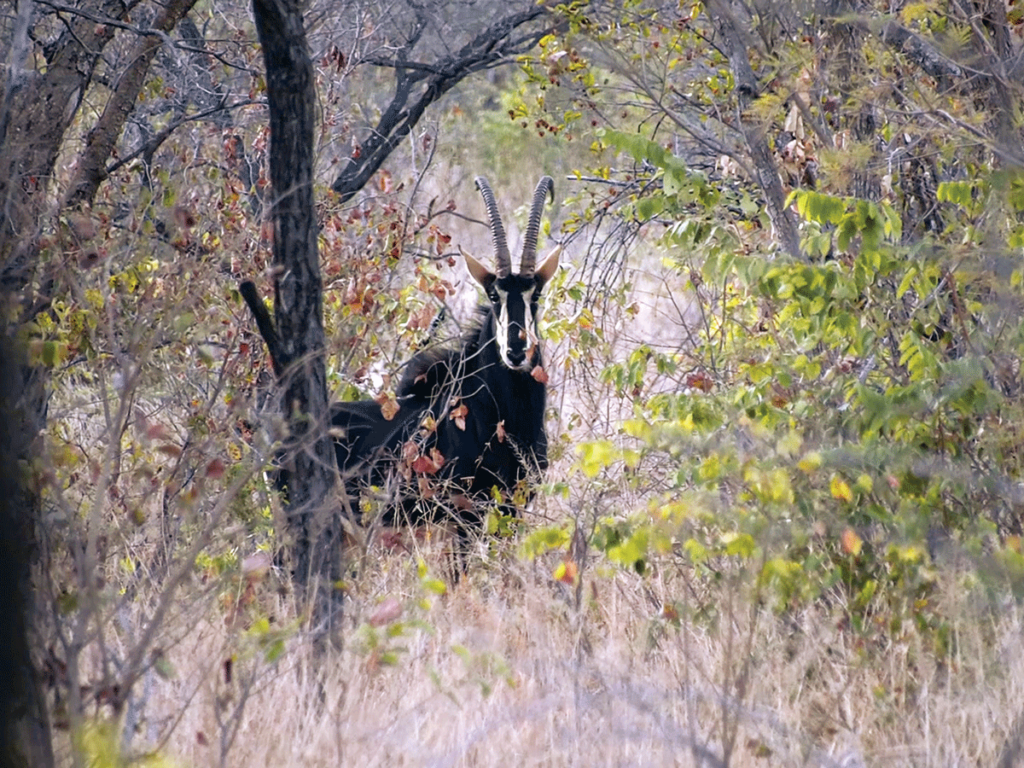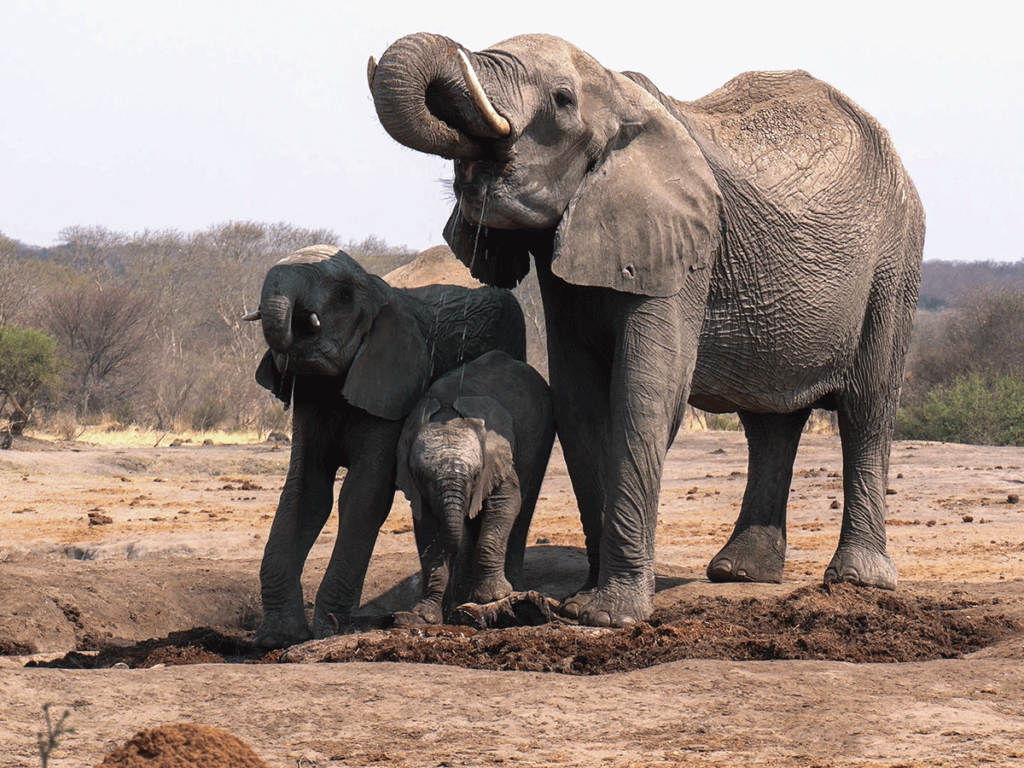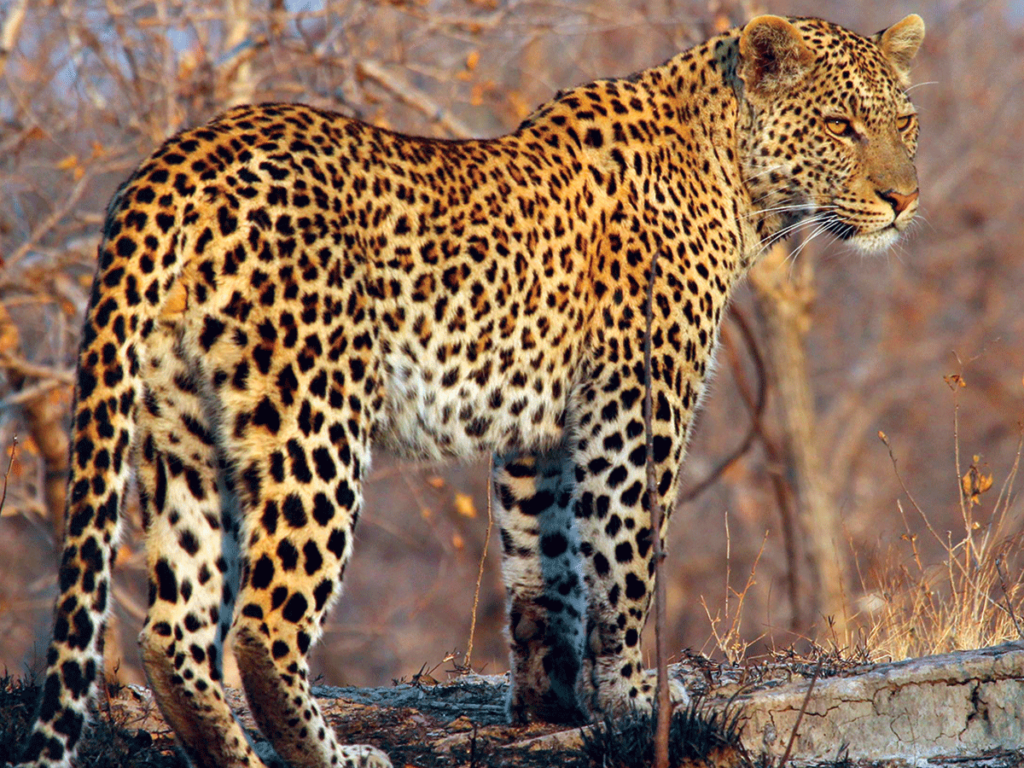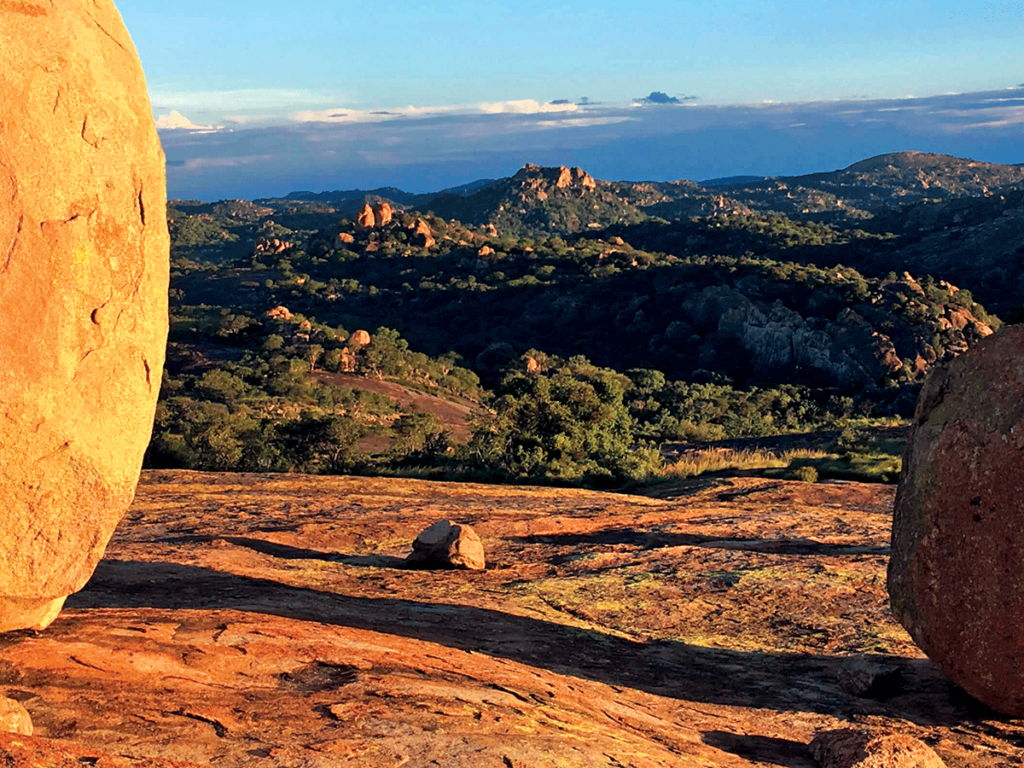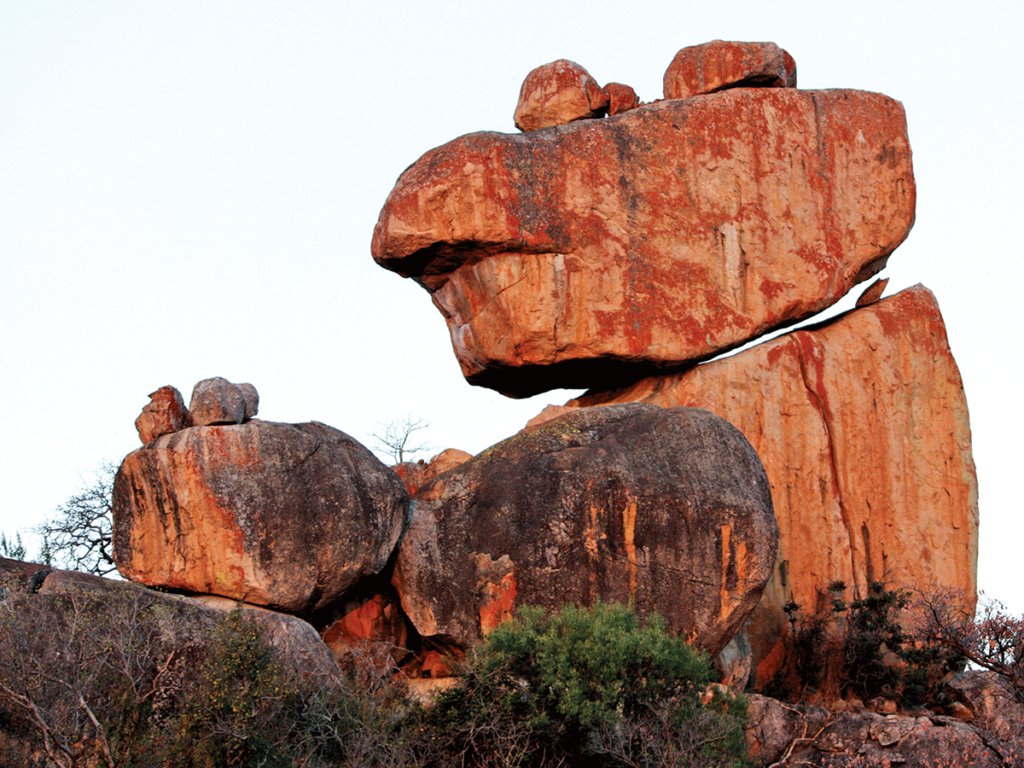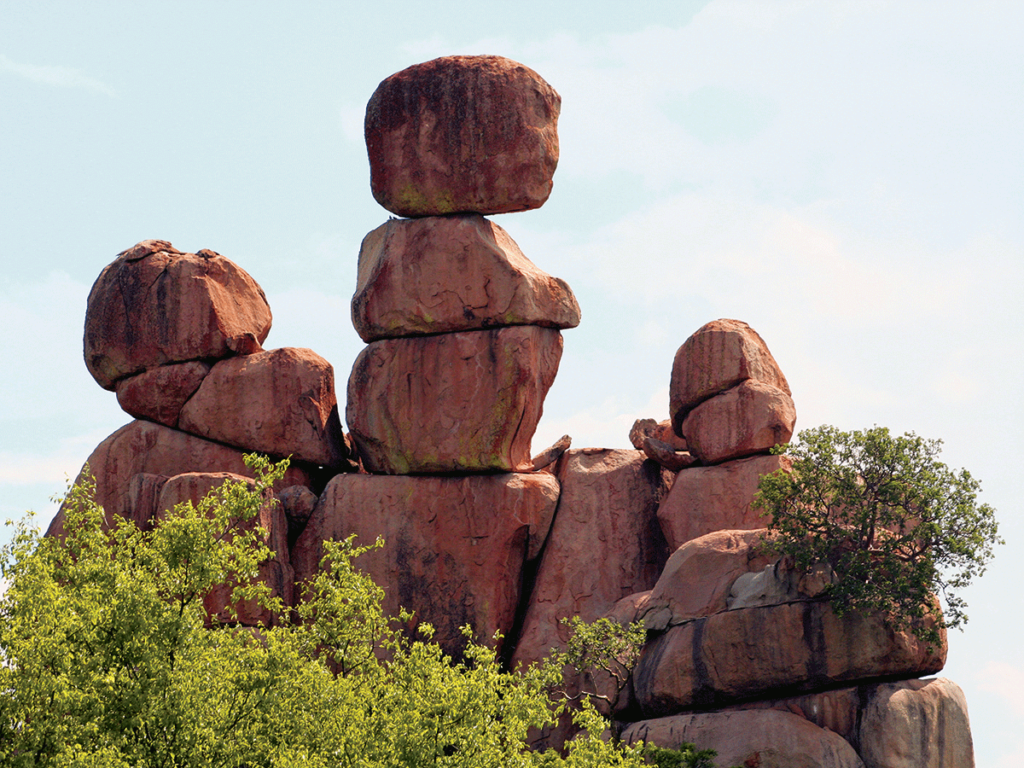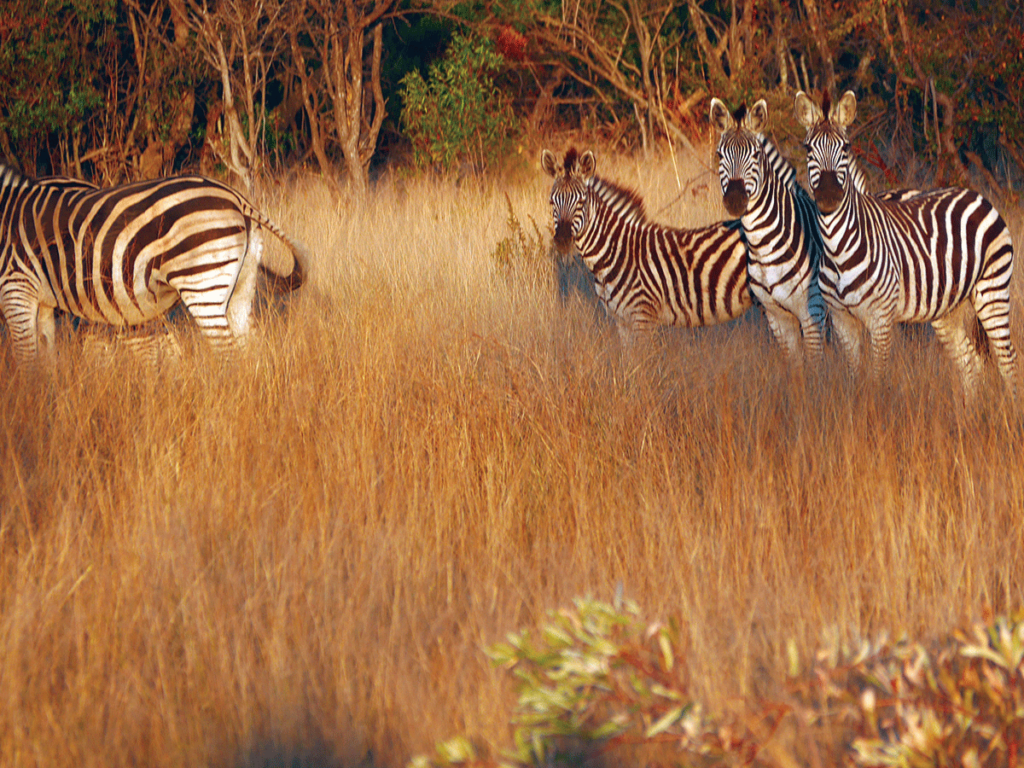Zimbabwe, a landlocked country, is situated in Southern Africa and is roughly the same size as Texas. The nation shares borders with Zambia in the north, Botswana in the west, Mozambique in the east, and South Africa in the south.
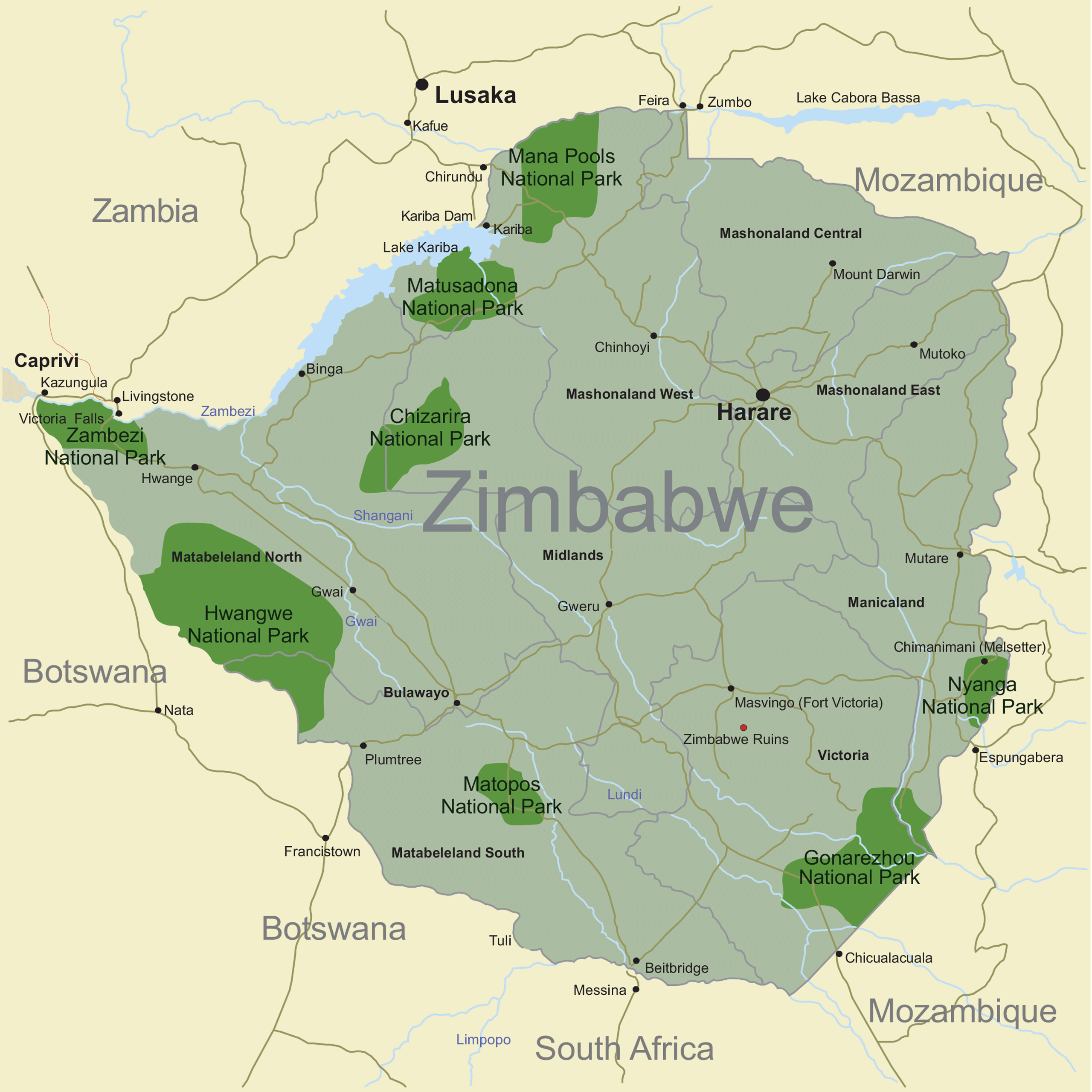
In 1893, the English colonized Zimbabwe after defeating the Matabele kingdom and the Shona uprising. The territory subsequently became known as Southern Rhodesia in 1911. In 1923, the region was annexed by the United Kingdom and governed by the Southern Rhodesian government.
Southern Rhodesia declared its independence in 1965, breaking away from the United Kingdom and thereafter being known as Rhodesia. Similarly to America’s declaration of independence, the British never forgave the Rhodesians. The Rhodesian War of Liberation began in 1964, leading to Zimbabwe’s independence in 1980. The era was marked by conflicting views, with the majority of whites fighting against communism and the majority of blacks fighting for their liberation and freedom from colonialism.
Zimbabwe is blessed with natural resources and is a beautiful and safe country to visit, with great weather. English is the official language. The economy is mainly supported by the mining of various valuable minerals, agriculture, and tourism. Out of the 54 countries in Africa, Zimbabwe/Rhodesia became known as the breadbasket of Africa.
Unfortunately, the economy took a massive dive in 2000 due to the controversial, disastrous, and illegal land grab orchestrated by Mugabe. In 2017, Mugabe was ousted in a bloodless coup, and President Emmerson Mnangagwa took over. We have seen positive change, and this trend is expected to continue. The entire country is one of the safest in Africa from a security point of view, and the people are friendly. The population of Zimbabwe is 16 million.
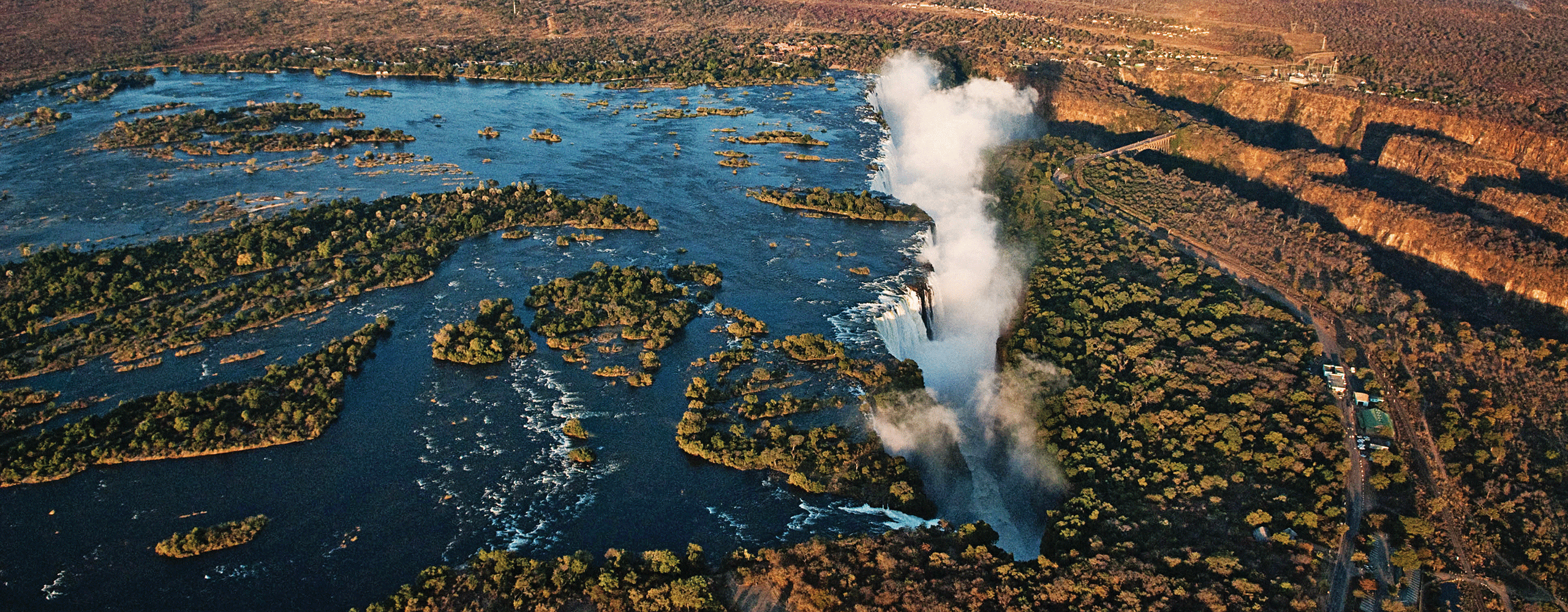
WHAT ELSE IS THERE TO SEE
Zimbabwe boasts several natural wonders, including Victoria Falls, which is one of the seven wonders of the world, as well as numerous national parks throughout the country. Any individual visiting Zimbabwe for hunting would be remiss not to take a side trip to see Victoria Falls, and arranging such a visit is a simple matter.
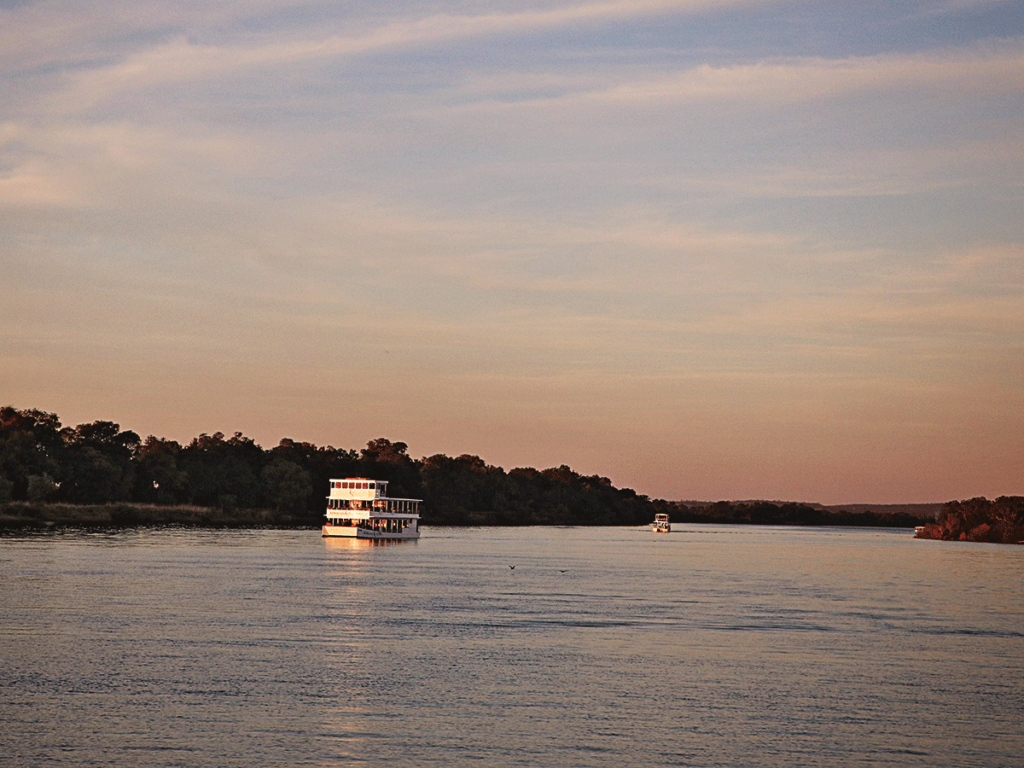
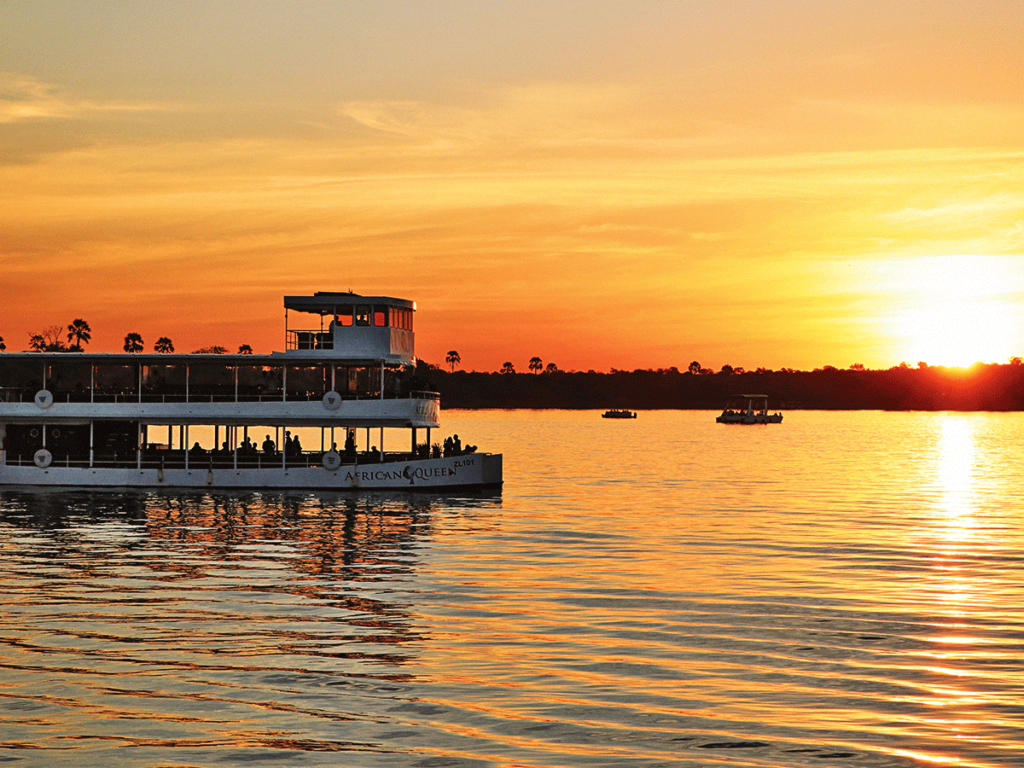
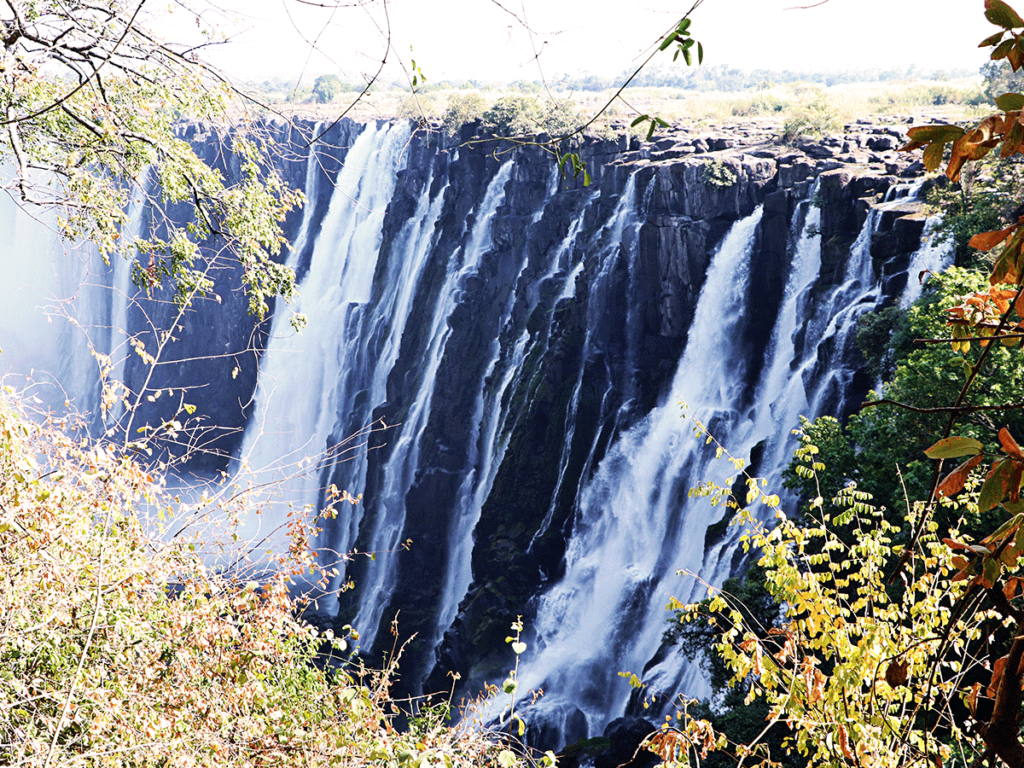
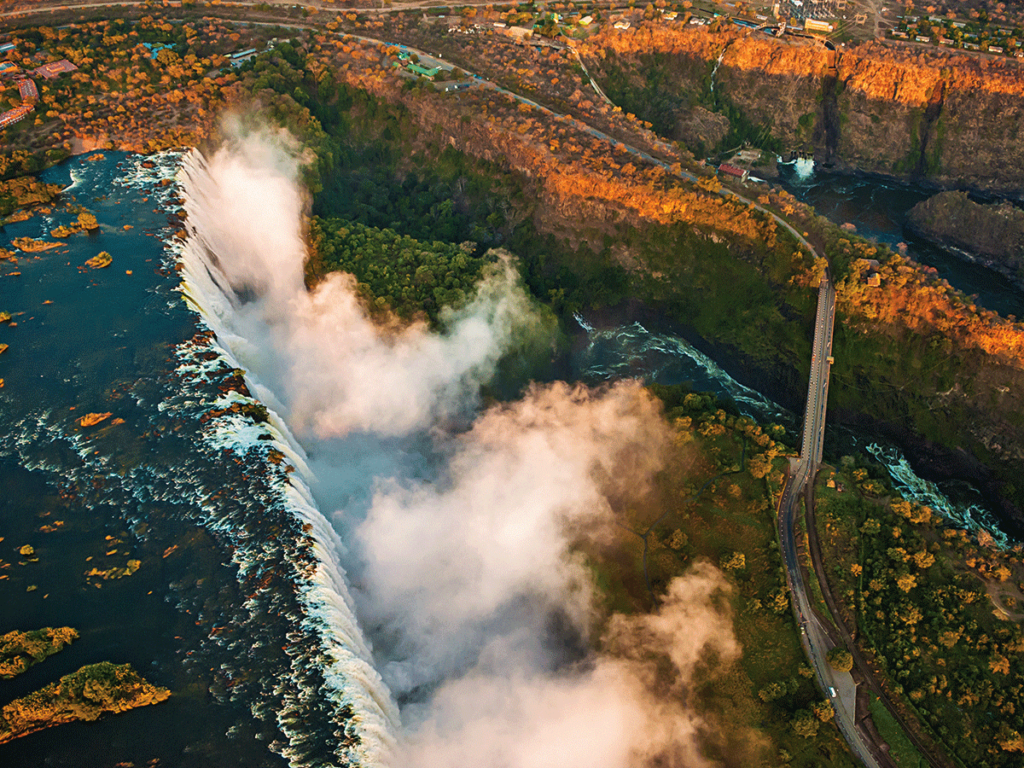
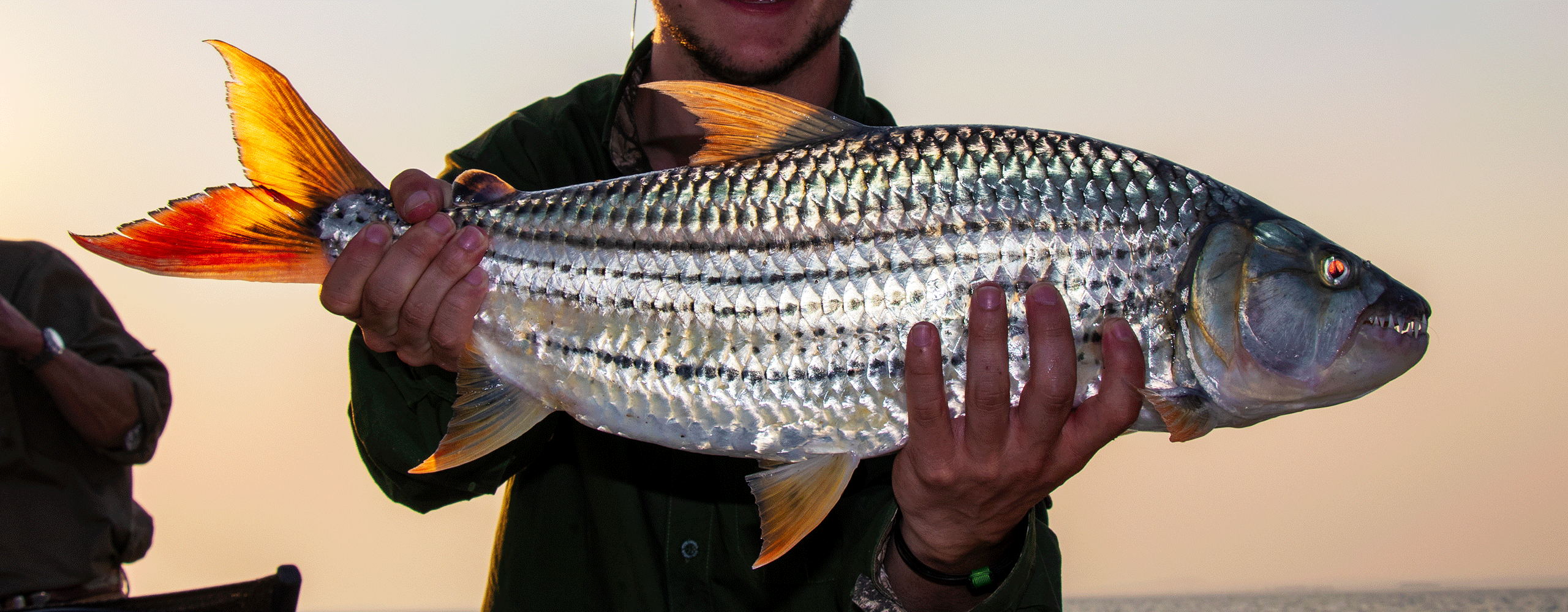
Tiger fish
FRESHWATER FISHING
For those interested in fishing, Zimbabwe offers excellent destinations, including the world’s strongest freshwater fighting fish, the tiger fish.
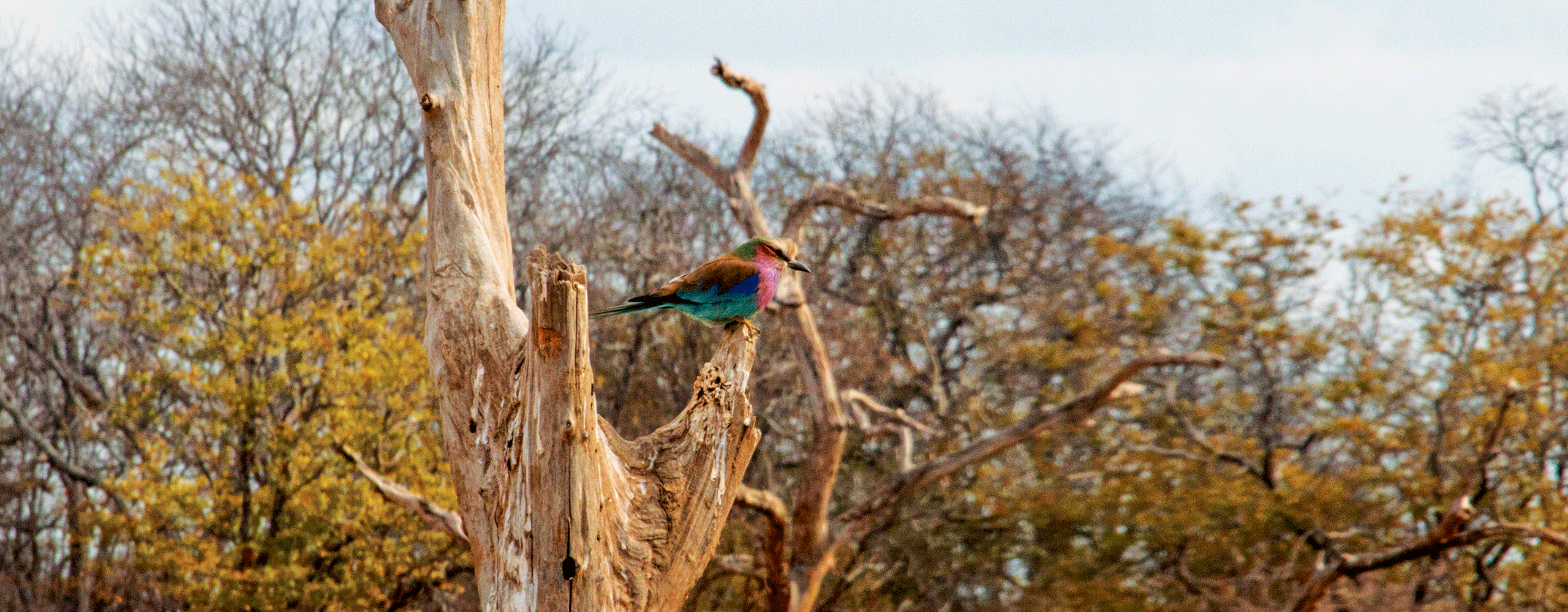
Lilac-breasted Roller
BIRD ENTHUSIASTS
Additionally, bird enthusiasts will find Zimbabwe to be an outstanding location, with over 700 different species available for viewing. Special bird safaris can also be arranged to enhance the experience.


